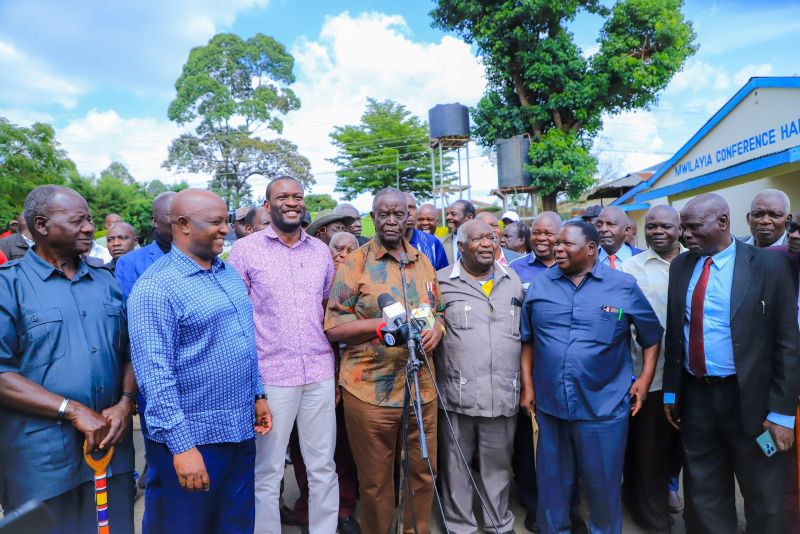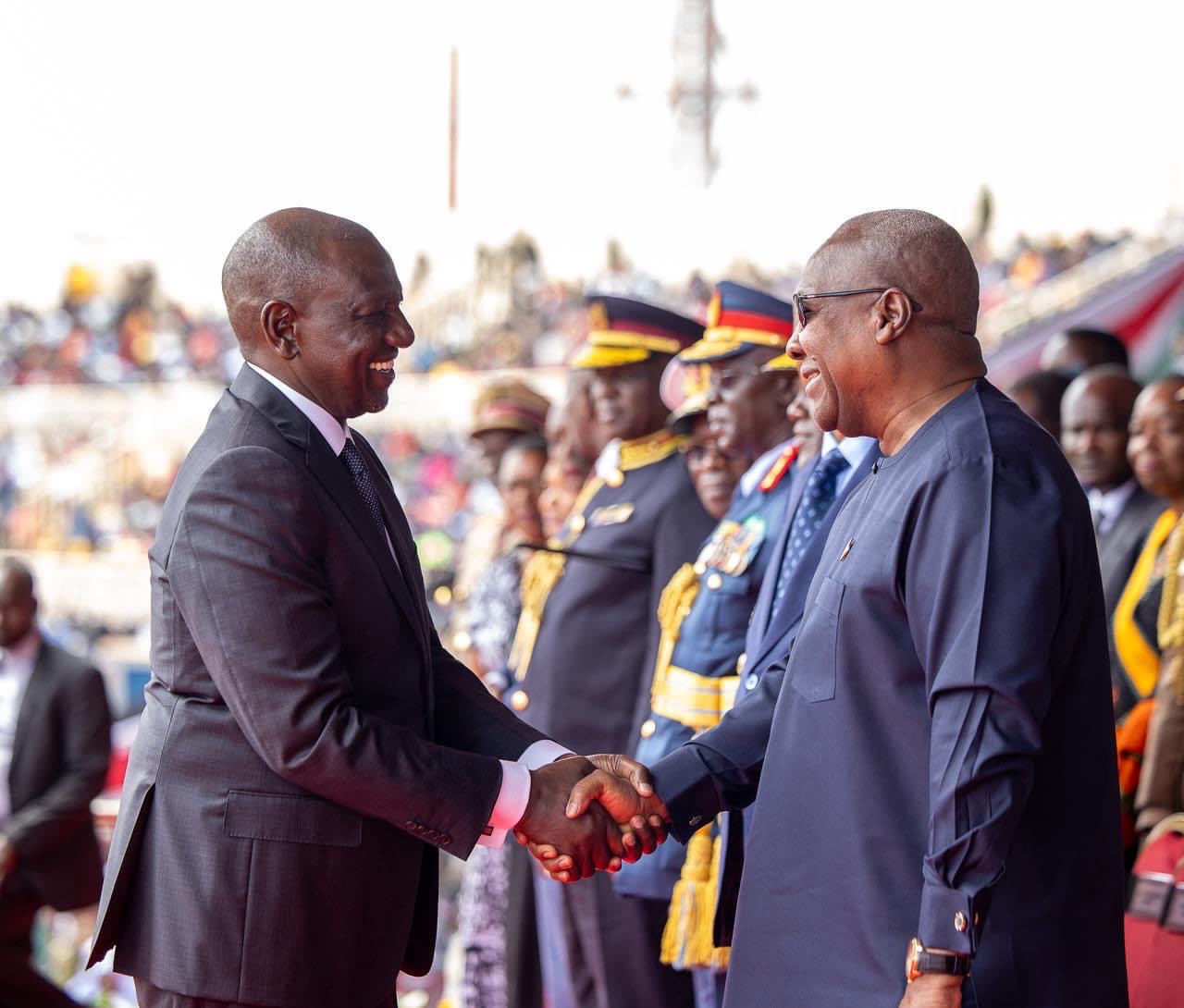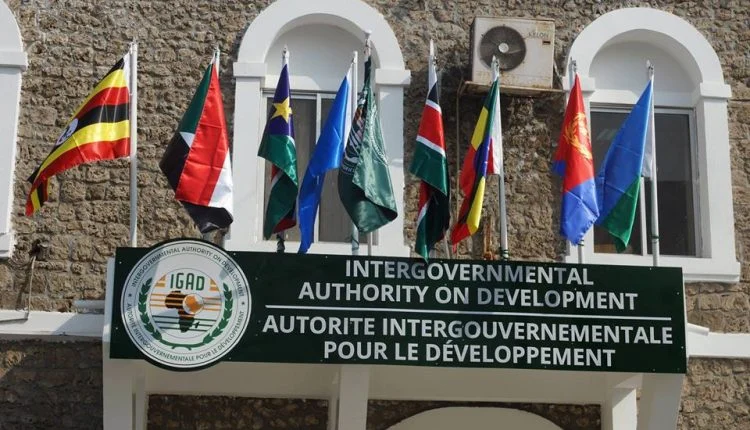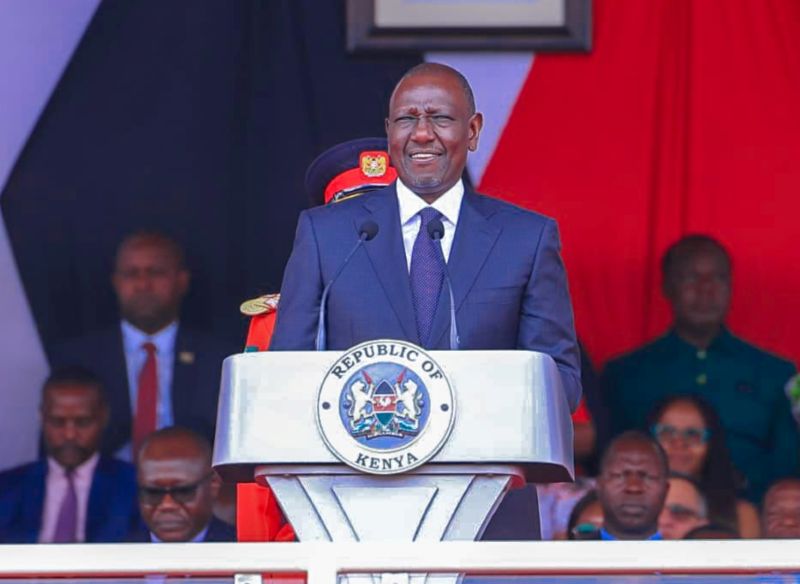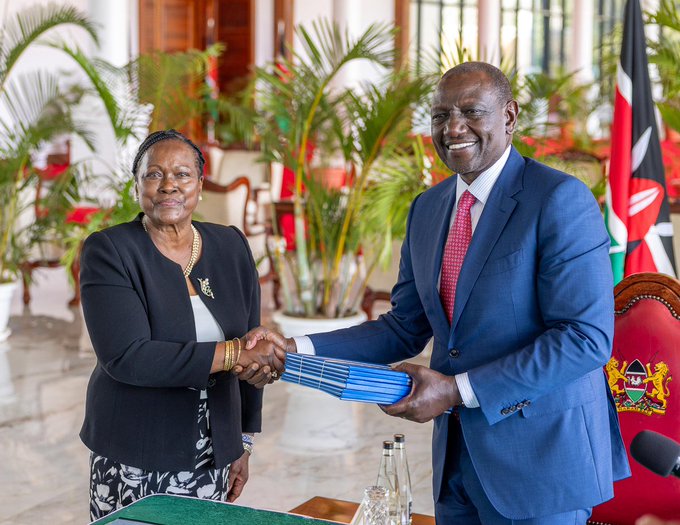Gachagua moves to court seeking to block his removal as deputy president
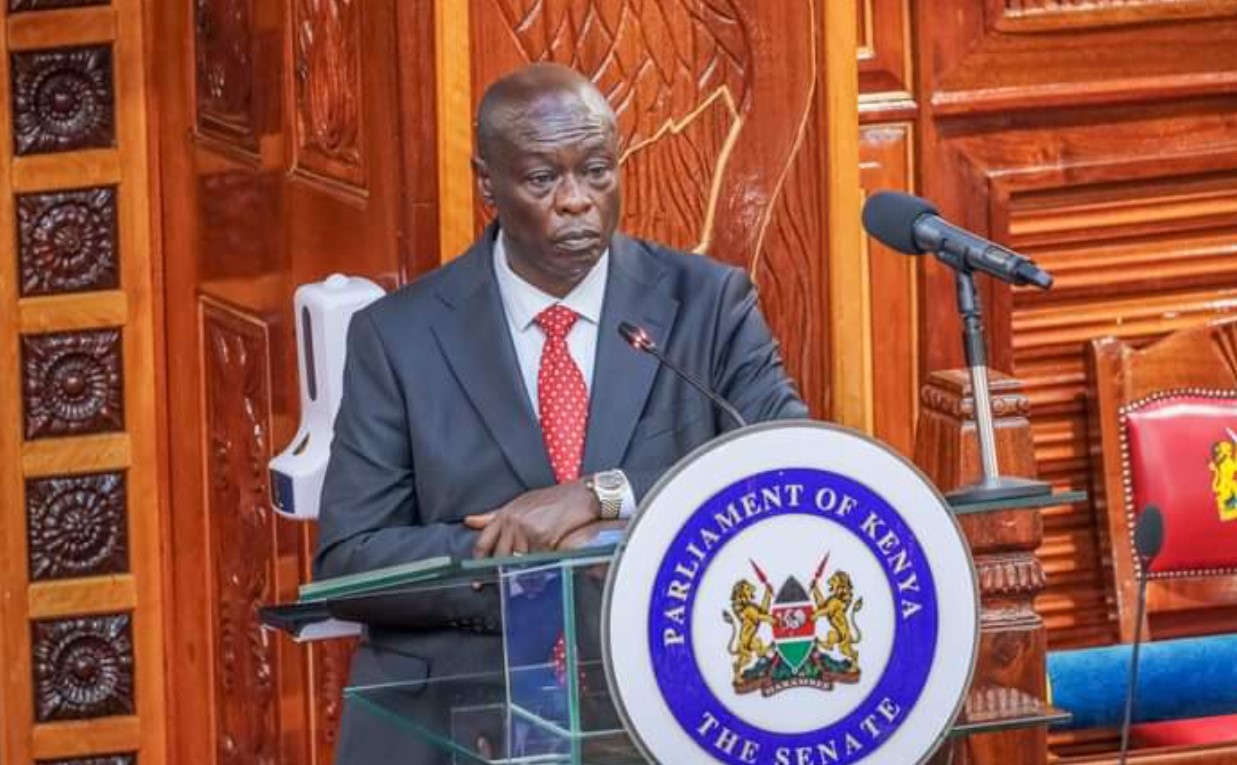
Through his lawyer Paul Muite, Gachagua argues that the charges against him in the National Assembly and Senate were baseless.
After his impeachment by the Senate and in a last-minute attempt to regain his position, Rigathi Gachagua on Friday went to court to prevent President William Ruto from nominating someone to take over the deputy president’s role.
Through his lawyer Paul Muite, Gachagua argues that the charges against him in the National Assembly and Senate were baseless.
More To Read
- Parallel statements expose deepening rift in 'United Opposition'
- New Bill hands NCIC swift powers to curb hate speech, divisive conduct
- Kindiki unveils Sh1 billion plan to power 6,100 Marsabit homes
- Court to hear petition challenging eligibility of Embu North MP Leo Wa Muthende
- Nominated MP Denar Hamisi is dead, National Assembly confirms
- KMTC students to start accessing Helb loans after final talks next week
He states that the Senate should have acted fairly in deciding whether the charges were valid. Gachagua believes the evidence used for his impeachment was not strong enough, making the whole process flawed.
Gachagua points out that this goes against a previous court ruling in the Martin Wambora case, which stated that for impeachment, the allegations must be serious and clearly show a major violation of the law, something he insists did not happen in his case.
"Unfounded and false allegations have been made against me in the impeachment motion before both Houses. It would be in the interest of justice that such false information be corrected in line with the provisions of Article 35 of the constitution," his documents say.
This comes as President William Rut nominated Interior Cabinet Secretary Kithure Kindiki to replace Gachagua, who was impeached by Parliament.
The announcement was made on Friday morning by National Assembly Speaker Moses Wetang’ula in a communication to MPs.
"Pursuant to the provisions of Standing Order 42(1), I wish to report to the House that this morning I have received a message from the President regarding the nomination of Kithure Kindiki to fill the vacancy which has occurred in the Office of the Deputy President of the Republic of Kenya following the impeachment of the previous office holder," Wetang'ula stated.
Once approved, the nominee will be formally appointed by the President as his deputy.
Although the Constitution does not specify a timeframe for this appointment, it is expected to occur immediately after Parliament approves him.
Top Stories Today
